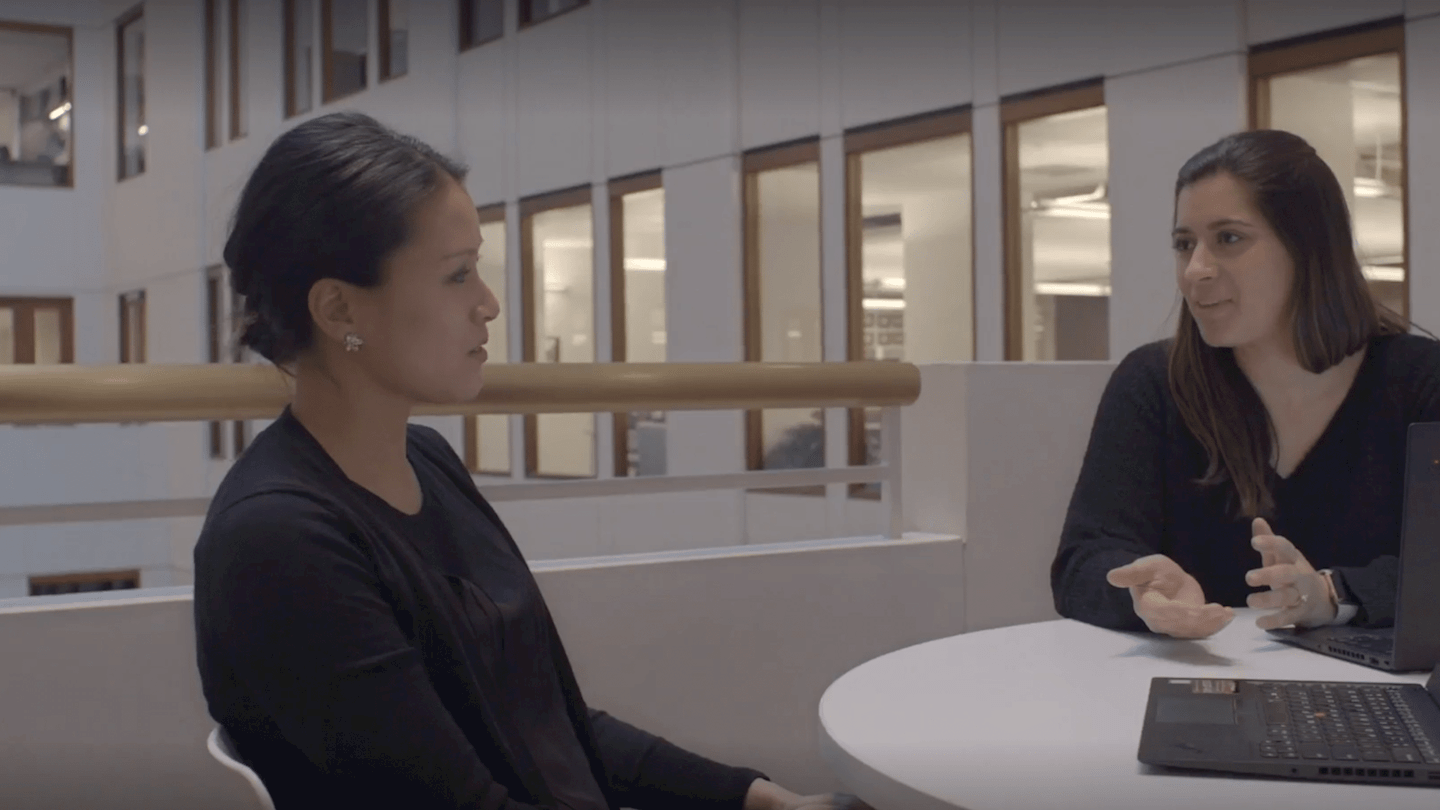Moving from industry to consulting: What to expect when making the change
Want to move from industry to consulting? We know the transition can feel intimidating. Here's advice from our leaders on what to expect.
The jobs market has seen significant highs and lows since the beginning of the pandemic, with attrition rates the highest in the tech and healthcare industries—likely due to burnout from the demands of the last few years. For some of these highly skilled employees, consulting is an attractive career option, providing a change of pace and greater opportunities for personal and professional growth.
But making the transition from industry to consulting can feel daunting.
West Monroe hired over 600 employees in 2021, many of whom came from the industries where we have deep expertise. If you’re considering a transition into consulting, you may be asking yourself how best to position your skills and experience to land the job. We asked some of our leaders who hire industry experts for their best advice. Here’s what they had to say.

What are general skillsets (hard and soft) you look for when evaluating someone coming from an industry?
“We are looking for individuals who have experience tackling multiple projects with varying timelines simultaneously. It is also important to be flexible in getting outside of their technical comfort zones to support client requirements as scope will dynamically change. From a soft-skills perspective, it is important that a candidate is comfortable with interacting with executive leadership given that we are required to work with C-suite and board members on a regular basis.”
–Mahde Mansur, Manager, Cybersecurity
“Communication skills, discipline, and problem-solving ability are three hallmarks of a good consultant. As consultants, we are often called upon to solve complex problems. But to be successful we need to simplify, communicate clearly with a wide variety of stakeholders, earn buy-in from invested parties, and leverage disciplined project management skills to execute on a chosen solution. Proven experience doing this in an industry environment is a key indicator of likely success in a consulting setting.”
–Rich Snipes, Director, Technology
What advice do you have for someone considering the transition from industry to consulting?
“Identify your niche. This could be a specific industry, functional, or technical expertise such as strategy, implementation, or change management. This will help you focus your skill sets and identify teams that you could join and add value to.”
–Steve Somers, Manager, High-Tech & Software
“Anyone making the shift from industry to consulting needs to be all-in and highly motivated to succeed. It’s a steep learning curve and they have to bring an incredibly high level of energy, resourcefulness, and commitment to invest the time needed to quickly acquire the new skills and knowledge required for success.”
–Dave Hilborn, Managing Partner, Human Capital Management
“My advice is to trust your instincts and realize that you’ve probably been doing consulting throughout your career without realizing it. Perhaps your clients were internal stakeholders or external customers, but the same qualities that make someone successful in industry are generally applicable in the consulting industry, too. At the end of the day, it’s just people working with people.”
–Rich Snipes, Director, Technology
“Don’t underestimate the value of industry experience. I can understand and consider client perspectives differently than others on my team based on my previous experience as an internal HR partner, which is something that adds value to our project teams.”
–Sam Gray, Senior Consultant, Human Capital Management
What are some of the benefits of transitioning to a consulting career?
“Industry operates in a hierarchy. Consulting flourishes through collaborative entrepreneurship. To succeed in consulting is to be your own leader, partner individual contributions with others’, and drive commonly towards practice and firmwide goals—all while pursuing personal accomplishments.”
–Dean Konick, Senior Principal, Financial Services
“I think going from industry to consulting is a great way to expand your professional network, grow your skills (hard and soft) and work on clients’ largest and most complicated problems. It’s incredibly rewarding and creates an endless pipeline of challenging and exciting work.”
–Steve Somers, Manager, High-Tech & Software
While breaking into management consulting from industry may feel overwhelming, it’s all a matter of perspective. Don’t underestimate the value your industry expertise can bring—but do articulate what your most transferable skills are, what makes you marketable, and how you successfully build and maintain relationships. The result may be one of the most fulfilling stops on your career journey.
If you’re ready to apply your industry experience to driving meaningful change across a range of organizations, check out our career page! We’d be lucky to have you.

